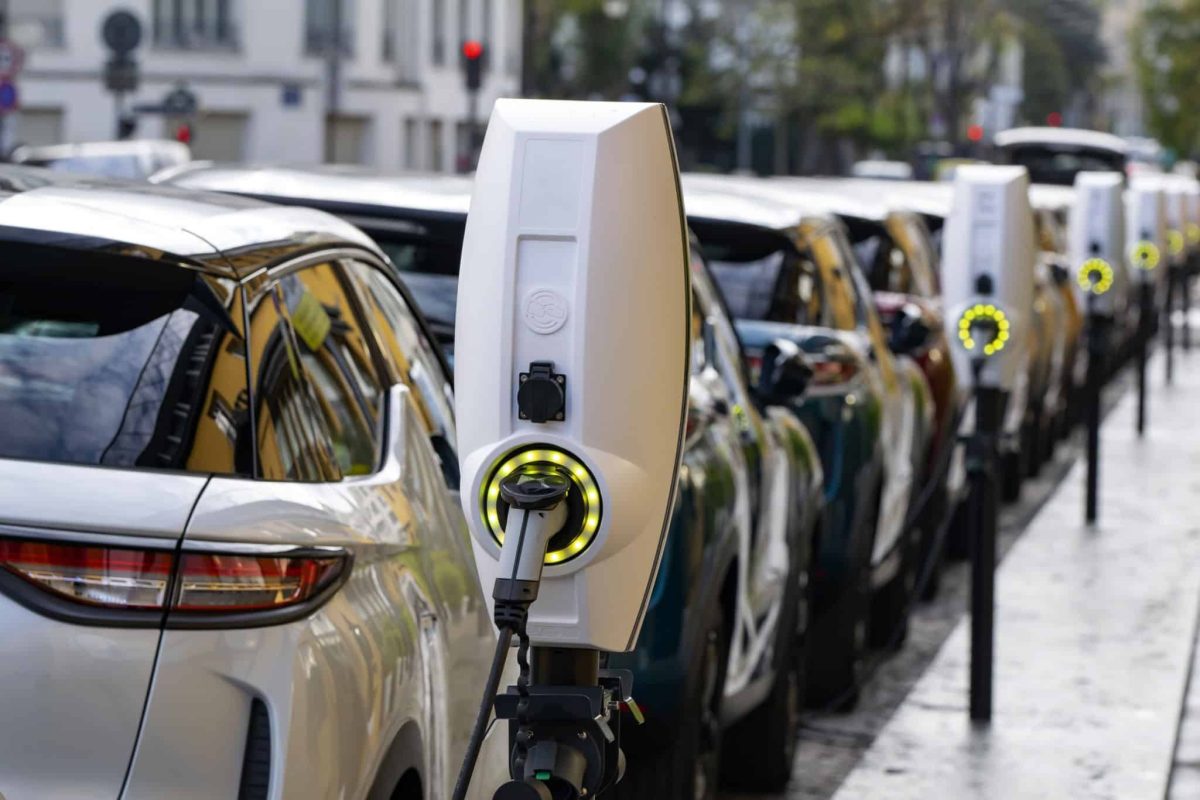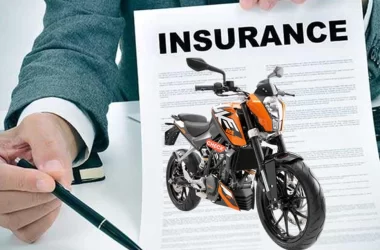With the increasingly extensive usage of electric vehicles (EVs), what kind of policies does EV carry with it in terms of insurance? Like traditional cars, for EV owners, the standard availability includes liability insurance and collision insurance. Alongside these two insurances, EV owners are most likely to ad additional policies, such as personal injury protection, depending on their needs.
EVs tend to be more expensive to insure than similar models in other technologies, but discounts and additional coverages offered by some providers can help keep that cost down.
Liability Coverage
EVs liability insurance coverage is mandatory in most states in order to protect the owner of the car and it passengers from financial disaster in case when something went wrong in an accident. Bodily injury if you hit someone or a property damage if something hit you were both included in liability insurance coverage that most state require. Technically you are not fully cover in an accident if you have one or another. Medical payments coverage. Another crucial aspect of an auto insurance policy is medical payments coverage. This can pay for a hospital visit, surgery or an X-ray if you or your passengers are hurt in an accident. Because different insurers charge very different premiums for electric cars (based on policyholder history and driving record, annual mileage, or, depending on state laws, your credit score). With ever-more EVs on the road, insurers will collect more data to feed into their risk assessment algorithms, which may help to further reduce premiums for EV owners. Policyholders can also bundle it with other policies, such as home or renters insurance – another way to save!
Collision Coverage
They are also normally more expensive to repair due to the purchase price of an electric vehicle being often 1.5-2 times more expensive than a similar vehicle with an internal combustion engine. Thus, collision coverage should always be mandatory if you are the owner of an EV (ie, coverage to repair your vehicle in an accident regardless of fault). Comprehensive is key because it covers the more significant non-collision risks that plague electric-vehicle owners, such as theft, vandalism and natural disaster – eg, theft or vandalism. Your comprehensive policy will usually cover the cost of battery replacement should your EV be deemed a total loss. An EV might also be more expensive to insure than an identical gas-powered vehicle. But depending on your driver’s record (do you have any violations?) and other factors (could your policy be eligible for multiple discounts – for bundling policies, for drivers’ education, etc?), your costs could still be lower than the national norm. Remember to shop around and compare policies before you select your insurance.
Comprehensive Coverage
Yet, the high cost of electric vehicles (EVs) relies on the fact that their battery pack creates the expense of dedicated parts and garages required to repair them, versus conventional cars, in addition to those cars’ generally high purchase prices and resale values, which also add up to higher insurance premiums. Some insurance companies specialise in offering special schemes to those that drive electric vehicles, which can help owners save money while also giving their car maximum protection. While EV-specific policies generally offer similar types of coverage as auto policies (liability for third-party losses; collision for the cost of repair or replacement due to an accident; comprehensive protection against theft or vandalism, and additional perks such as new car replacement coverage or gap insurance to give EV owners peace of mind and get them back on the road quickly), they also include a few features that are uniquely designed to cater to the needs of owners of battery-powered vehicles.
Uninsured Motorist Coverage
And while the actual number of claims might be lower for electric vehicles than for standard gas-consuming vehicles, that might be offset over time by the higher cost of repair for damaged EV parts. According to ValuePenguin figures, electric car insurance is generally more expensive than gas-powered options, but that difference is usually mitigated by discounts and coverage options. As is the case with all types of auto insurance plans, your driving record and mileage, credit score (in certain states) and your choice of coverage are all major factors in the equation. As more people have electric vehicles, it’s even more critical to know your coverage options and costs, and to make sure you have the protection you need to cover your investment and the protection you need on the road. Because they sometimes offer discounts, bundling electric car coverage with your homeowners or renters insurance might save you even more on both policies.








